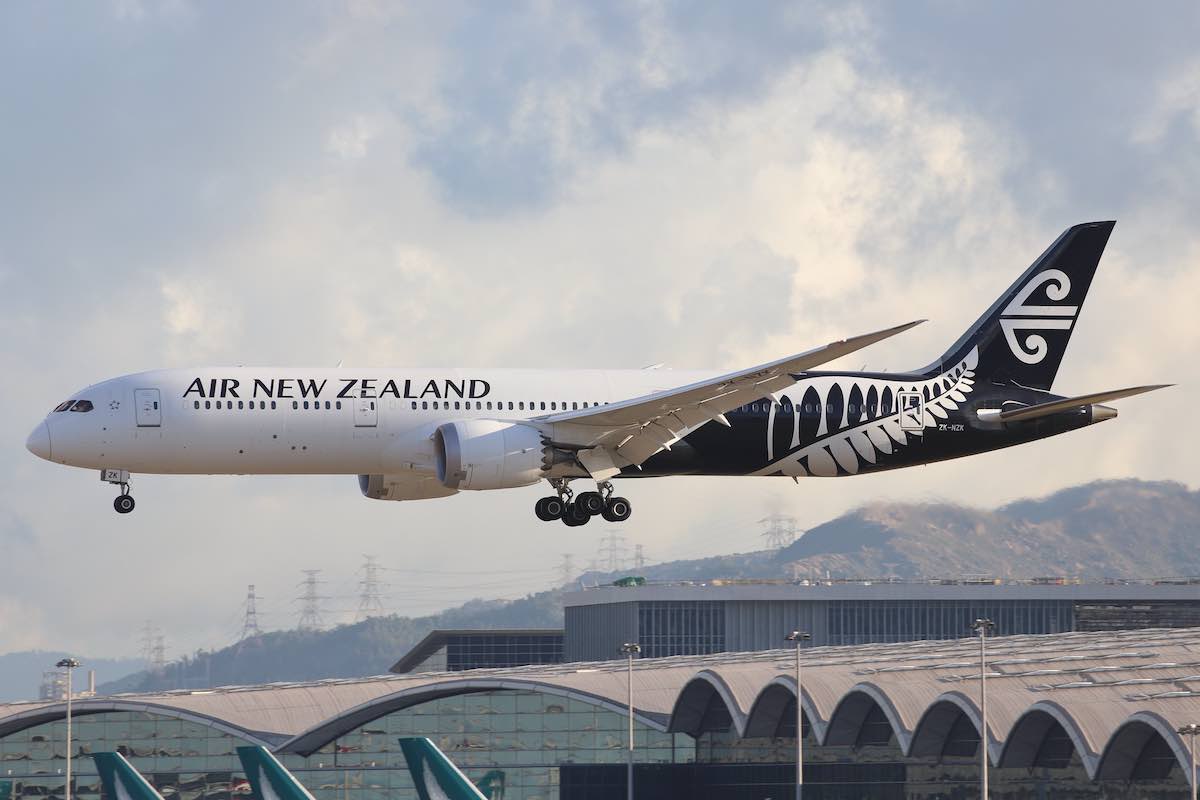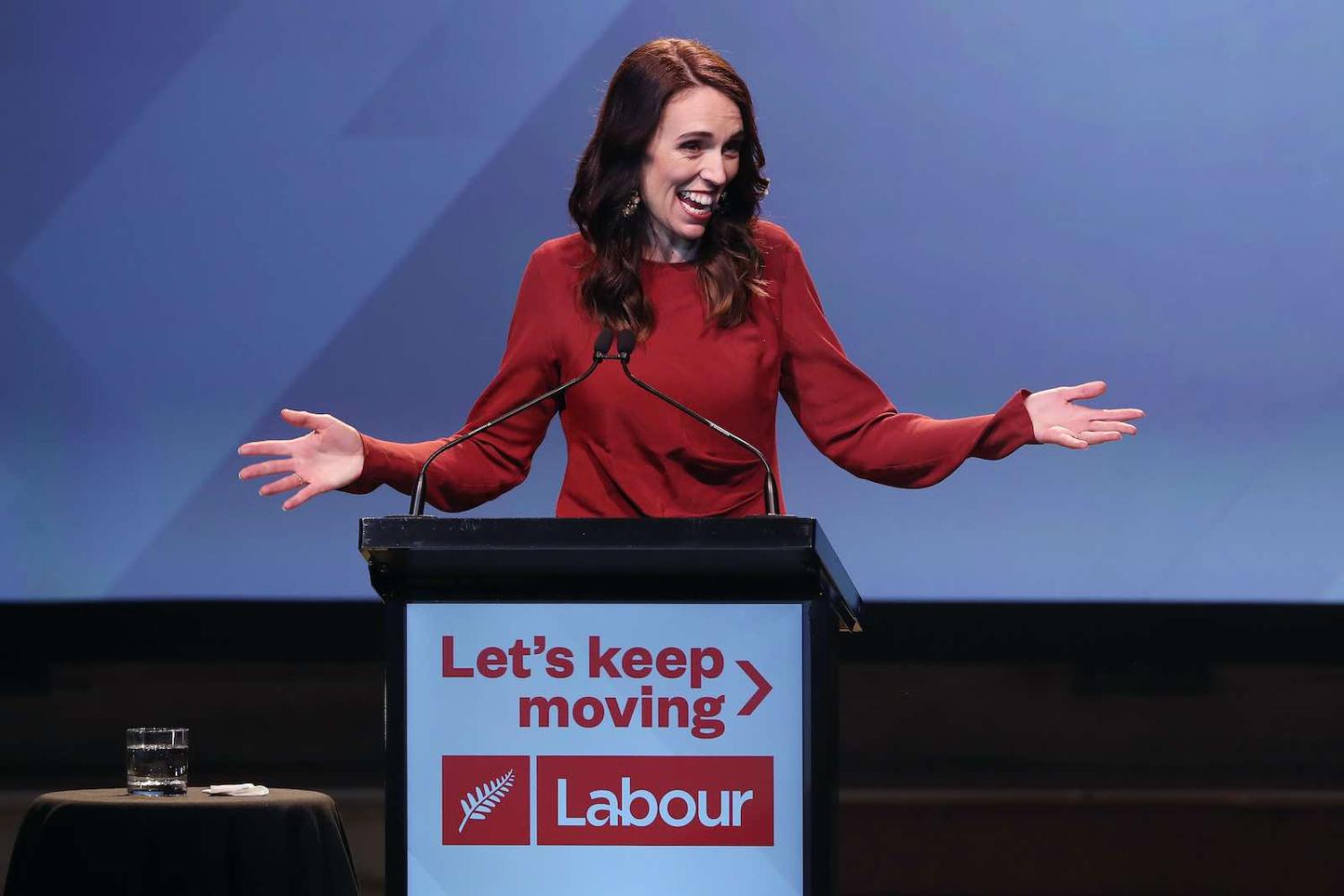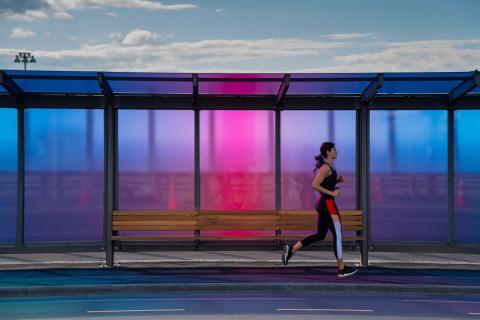The weekend ballot wasn’t really an election contest so much as a question whether Labour could govern in its own right. Since the introduction of proportional representation in New Zealand in 1996, no single party has won an outright majority.
This year, circumstances combined to make that happen. In New Zealand politics, this is a stunning result.
The factors at play involved a popular leader and sitting Prime Minister whose personal popularity has set new records, the extraordinary effect of the Covid-19 pandemic and the way the government had managed it, plus a conservative opposition which, for various reasons, was at a very low point.
It was not an election about policy. The major parties attempted to campaign on policy but were overshadowed by the popularity of Prime Minister Jacinda Ardern. Whatever the policy shortfall, the large majority of the voting population wanted to demonstrate confidence in her. Leadership was a word that came up often in the conversations. And every day before the election, New Zealanders have seen and heard the extraordinary ravages Covid-19 is causing in countries big and small, democratic or not, and compare that with the relative safety of New Zealand. It is hard to underestimate that factor.
The task of the second Arden government is to build the economy back up, and to execute policy more decisively than it did in its first term.
Although the proportional representation system is designed to help minor parties, only one, the Maori Party, got into parliament. Winston Peters, one of the great survivors of New Zealand politics, who first entered the parliament before Jacinda Ardern was born, did not make the cut. There is now a more clear-cut definition between Labour and the Greens on one side of politics, and National and ACT Zealand on the other. It is not yet known whether Ardern will do some deal with the Greens or not, but legislating should become easier for the government. Forming ad hoc coalitions on specific issues with small parties to get a majority will not be necessary.
The election decided, the difficult task of governing the country in the middle of the pandemic will be a challenge. New Zealand has done well in getting this far without seeing the economy plunge too deeply. Now, the task of the second Arden government is to build the economy back up and to execute policy more decisively than it did in its first term.
The economy is facing large-scale upheaval as the subsidies thrown at it in the Covid-19 reaction come off. Unemployment must rise – already the figures are creeping up. The suite of policy decisions taken to see out the first crisis needs to be updated. Infrastructure development, housing, healthcare and support for the underprivileged are key. The rising deficit and government debt need careful management, and although New Zealand had a sound economic and financial position pre-Covid, like all countries the government’s books have taken a hit.
The services sector – education, hospitality and travel – desperately needs a pathway to be opened to the outside world. There will be real pressure to establish conditions that allow this to happen.
Short of a Covid-19 vaccine – and we do not know what alleviation that will bring – a set of principles is needed that permit freer movement for workers, students, family reunification and specialised skills, let alone tourists. Currently Air New Zealand internationally is essentially an air cargo operation. That is not sustainable in the medium term. Reconnecting to the world – even a world where Covid still ravages – will have to take place in 2021. The New Zealand public is expecting things to happen, and the government prior to the election said very little about what lies ahead.

Recovery does not depend on New Zealand alone. The international picture is not pretty. Once the US presidential election is past, it should be clearer what sort of US administration we are dealing with, and whether the US is going to be more cooperative internationally.
The possibility that the European Union and the United Kingdom will have a messy separation will focus European minds closer to home. China seems to be regaining economic strength at the same time as its external policies cause alarm. Australia remains critical to New Zealand as an economy and as a natural partner. Where is Australia headed? The countries of the South Pacific need support. The rest of the developing world has taken a terrible hit.
On the foreign policy side, there will be little change in New Zealand’s position. There will be a new Foreign Minister – possibly Andrew Little, the leader of the Labour Party before Ardern. The incoming government will maintain its policy of seeking support for international measures which regenerate the global economy. This means looking not just at the big picture, where New Zealand’s pull is slim, but also at every opportunity to work with other countries to give impetus to international cooperation, such as some of the trade-sustaining agreements it entered into early in the Covid period.
Chairing APEC 21 will give Arden and her government an opportunity to push this, and to assess where and how far other countries are prepared to go.

